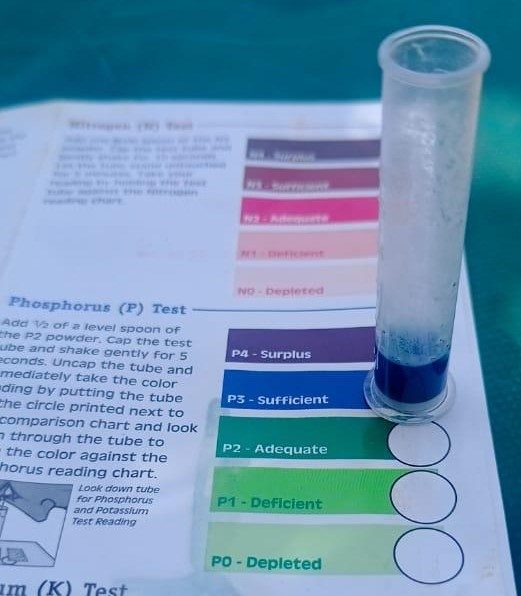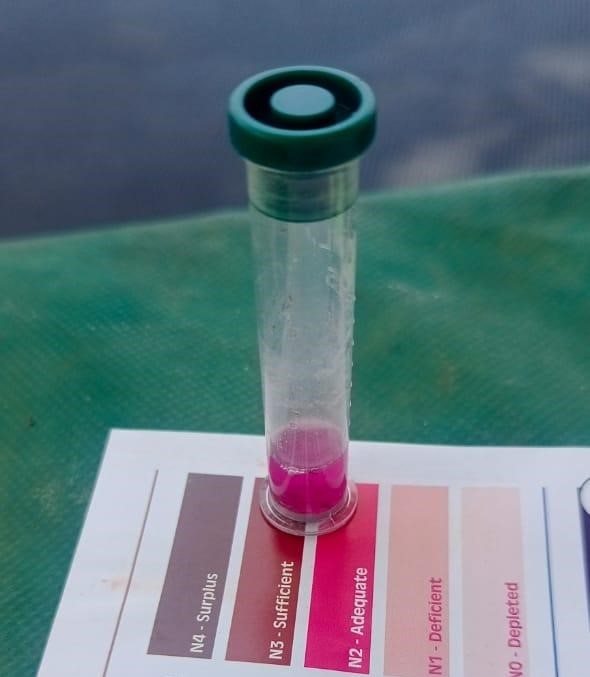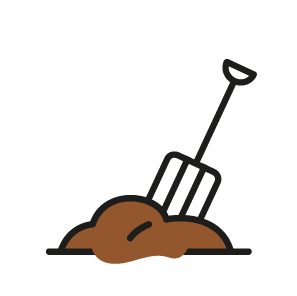Quick tests are simple, low-cost tools used to estimate pH and key nutrients like nitrogen (N), phosphorus (P) and potassium (K). They are ideal for analaysing soil, organic fertilizers like bio-slurry and compost. These tests provide rapid, on-the-spot results without the need for complex lab equipment.
How It Works
A small sample is mixed with a pre-prepared chemical solution. After a short reaction time, the color of the solution changes, indicating the nutrient level. The color is then compared to a reference chart to interpret the result (e.g. low, adequate, sufficient).
Advantages
• Fast results – immediate insights for decision-making
• Low cost – affordable for small-scale farmers
• User-friendly – easy to perform with minimal training,includes a clear instruction manual
• Field-ready – ideal for on-farm assessments
Quick tests help farmers and advisors make informed decisions about nutrient application, improving efficiency and supporting sustainable soil management.
Here you can find results for both bio-slurry enriched compost (BEC) and bio-slurry as an example. The test focused on two essential nutrients – nitrogen (N) and phosphorus (P), two key nutrients for soil fertility.
BEC: The compost tested showed sufficient phosphorus and adequate nitrogen levels.
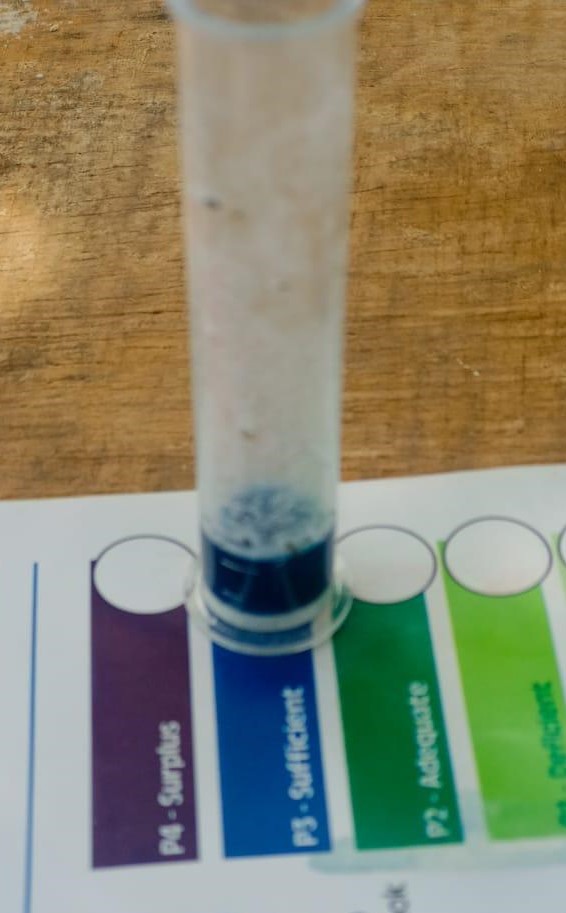
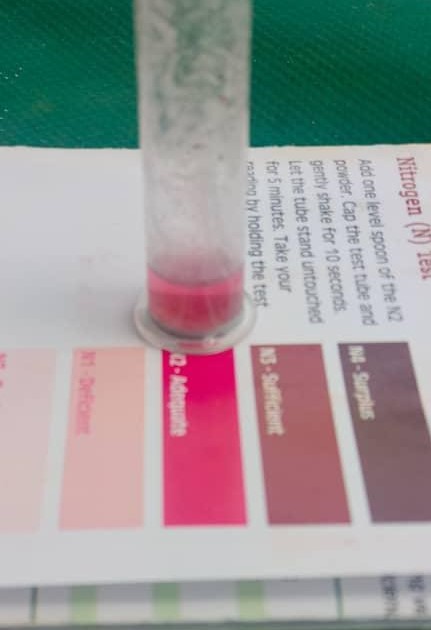
Bio-Slurry: Results indicated sufficient phosphorus, while nitrogen ranged between adequate and sufficient.
